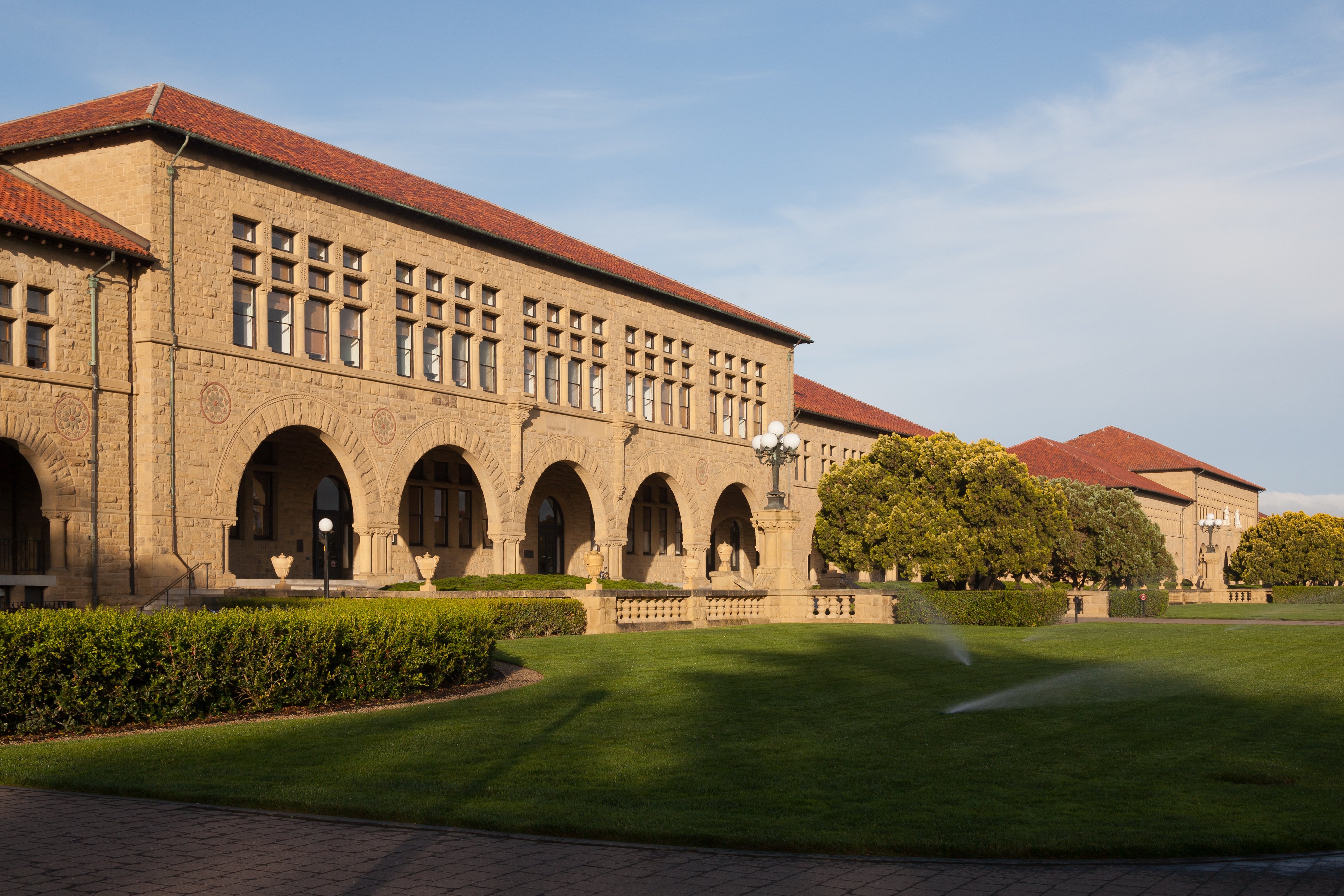The Digital Humanities are a collection of practices and approaches combining computational methods with humanistic inquiry.
Stanford has been involved in the Digital Humanities (under that and other names) since at least the late 1980s. Digital humanities activities are widely distributed throughout campus, including the following organizations:
- Stanford Libraries, which is home to:
- The Center for Interdisciplinary Digital Research (CIDR), which enables digital research and teaching to encourage and inspire innovative scholarship throughout the University. In addition to its team of research developers, CIDR is home to the Academic Technology Specialists who support digital humanities research in History and the Division of Literatures, Cultures, and Languages (DLCL).
- Digital Library Systems and Services (DLSS), the information technology production arm of the Stanford Libraries that it serves as the digitization, digital preservation and access systems provider for Stanford Libraries, and is the research and development unit for new technologies, standards and methodologies related to library systems.
- Numerous other departments and individuals who are engaged with digital humanities.
- The Center for Spatial and Textual Analysis (CESTA), which is home to:
- The Graduate Certificate in Digital Humanities, which allows graduate students to acquire and deepen their technical and conceptual skills, as well as to strengthen their position in the competitive job market within and beyond the academy.
- A Graduate Digital Humanities Fellows program, where graduate research fellows spend the year designing and producing a piece of digitally-enhanced scholarship (an article, dissertation chapter, digital publication, etc.)
- The Literary Lab, a research collective that applies computational criticism, in all its forms, to the study of literature.
- Humanities + Design, which aims to produce, through the lens of humanistic inquiry, new modes of thinking in design and computer science to serve data-driven research in the humanities.
- Spatial History Lab, a place for a collaborative community of scholars to engage in creative spatial, textual and visual analysis to further research in the humanities.
- Text Technologies, an interdisciplinary enterprise combining book historical approaches with digital methods and tools to investigate the long history of human communicaton from the earliest times to the present day.
- Poetic Media, which designs and builds creative platforms that promote new ways of conducting research, teaching, and learning in the 21st century.
- Chinese Railroad Workers in North America, which seeks to give a voice to the Chinese migrants whose labor on the Transcontinental Railroad helped to shape the physical and social landscape of the American West.
- The English Department, which administers the interdisciplinary Digital Humanities Minor program for undergraduates
- The Music Department, which is home to:
- The Center for Computer Assisted Research in the Humanities, which is engaged in the development of large databases of musical and textual materials for applications in research, teaching, and performance.
- Computer Research in Music and Acoustics (CCRMA - "karma"), a multi-disciplinary facility where composers and researchers work together using computer-based technology both as an artistic medium and as a research tool.
- Various other department-based groups
